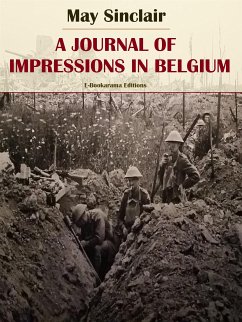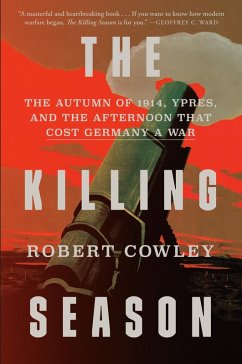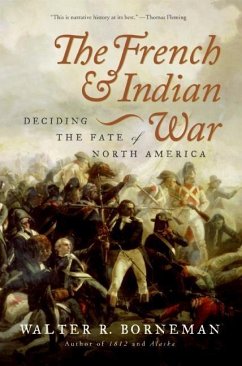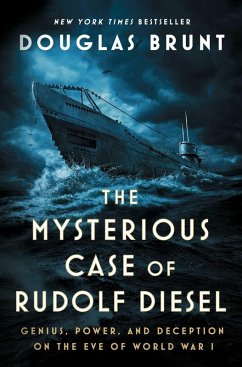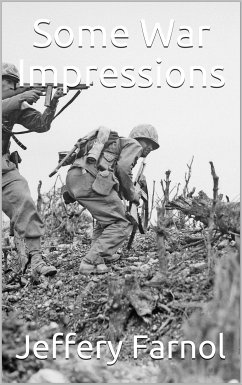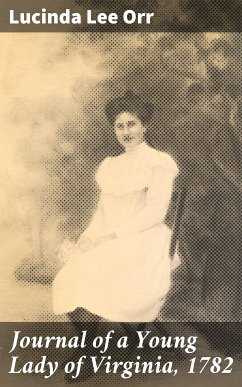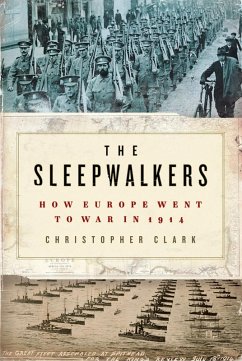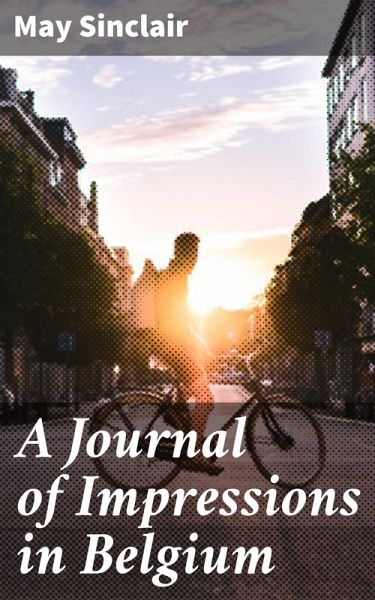
A Journal of Impressions in Belgium (eBook, ePUB)
A Poignant Diary of War-Time Impressions in Belgium
Versandkostenfrei!
Sofort per Download lieferbar
0,49 €
inkl. MwSt.
Weitere Ausgaben:

PAYBACK Punkte
0 °P sammeln!
In "A Journal of Impressions in Belgium," May Sinclair offers a nuanced exploration of her travels through Belgium during the tumult of World War I. Through a series of reflective vignettes, Sinclair captures the complexities of a nation in crisis, employing a stream-of-consciousness style that intimately conveys her impressions and emotional responses. The book navigates the juxtaposition of beauty and devastation, revealing the resilience of Belgian culture and its people amid the backdrop of war. Sinclair's evocative prose and keen perception underscore the intricate relationship between th...
In "A Journal of Impressions in Belgium," May Sinclair offers a nuanced exploration of her travels through Belgium during the tumult of World War I. Through a series of reflective vignettes, Sinclair captures the complexities of a nation in crisis, employing a stream-of-consciousness style that intimately conveys her impressions and emotional responses. The book navigates the juxtaposition of beauty and devastation, revealing the resilience of Belgian culture and its people amid the backdrop of war. Sinclair's evocative prose and keen perception underscore the intricate relationship between the observer and the observed, inviting readers to contemplate their own interpretations of reality in turbulent times. May Sinclair was a pioneering British modernist and feminist writer known for her innovative narrative techniques and bold explorations of psychological depth. Sinclair'Äôs own experiences as a suffragist and her engagement with contemporary social issues provided a rich tapestry of insights from which to draw. Her travels during the war were profoundly impactful, inspiring her to document not just the physical landscape but also the emotional and societal upheaval that defined the era. This book is recommended for anyone interested in the intersections of travel literature, war commentary, and modernist prose. Sinclair'Äôs lyrical yet incisive observations will resonate with readers seeking a deeper understanding of human experience in the face of conflict, making this a timeless contribution to both literary and historical discourse.
Dieser Download kann aus rechtlichen Gründen nur mit Rechnungsadresse in A, B, BG, CY, CZ, D, DK, EW, FIN, F, GR, H, IRL, I, LT, L, LR, M, NL, PL, P, R, S, SLO, SK ausgeliefert werden.





